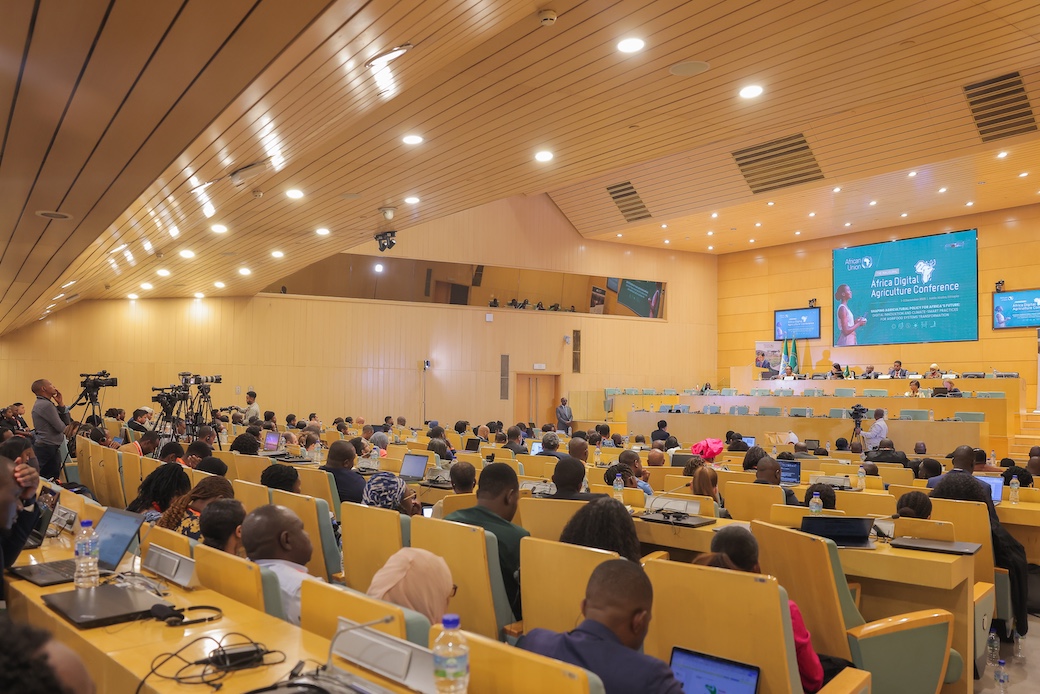High Court halts Ruto’s protest compensation plan as critics term it unconstitutional

In a ruling delivered on Monday, Justice Magare Dennis Kizito Ngwono suspended both the panel’s mandate and the implementation of the presidential proclamation of August 6, 2025, until the case is fully heard.
The High Court in Kerugoya has issued conservatory orders temporarily halting the operations of the Panel of Experts on Compensation of Victims of Demonstrations and Public Protests, pending a full hearing of a case filed against it.
In a ruling delivered on Monday, Justice Magare Dennis Kizito Ngwono suspended both the panel’s mandate and the implementation of the presidential proclamation of August 6, 2025, until the case is fully heard.
More To Read
- Court strikes out LSK President Faith Odhiambo from consolidated rights petitions
- Ruto appoints KNCHR boss Claris Ogangah as Vice Chair of Protest Victims Compensation Panel, replacing LSK's Faith Odhiambo
- LSK urges court to dismiss appeal over protest victims’ compensation panel
- LSK’s Faith Odhiambo quits Ruto’s victims compensation panel over legal delays, court hurdles
- LSK launches probe into death of Simon Warui in Mombasa police custody
- Lawyers petition state over killing of advocate Kyalo Mbobu
The decision followed a motion filed by lawyer Levi Munyeri. The court certified the application as urgent and heard it during the vacation period.
Justice Ngwono’s orders also suspended Gazette Notice No. 12002 of August 25, 2025, which had formally established the panel to design a framework for reparations and compensation for victims of demonstrations, public protests, and riots.
“A Conservatory Order to stay the commencement of the mandate of the Panel of Experts on Compensation of Victims of Demonstrations and Public Protests pending the hearing of this Application inter partes,” Justice Ngwono said.
Follow submissions timetable
The court further barred the respondents—including the State Law Office and the Interior Cabinet Secretary—from implementing or acting on the presidential proclamation. It directed the respondents and other interested parties to be served immediately, file their responses within seven days, and follow a submissions timetable ahead of the next hearing on October 6, 2025.
The 18-member panel, sworn in on September 4, 2025, is chaired by Prof. Makau Mutua, President William Ruto’s senior advisor on constitutional affairs and human rights. Its mandate is to facilitate compensation for victims of demonstrations and protests dating back to 2017.
Law Society of Kenya (LSK) President Faith Odhiambo serves as vice chairperson. Other members include Kennedy N. Ogeto, Irungu Houghton, John Olukuru, Rev. Kennedy Barasa Simiyu, Linda Musumba, Duncan Ojwang’, Naini Lankas, Francis Muraya, Juliet Chepkemei, Pius Metto, Fatuma Kinsi Abass, and Raphael Anampiu. Richard Barno is the Technical Lead, Duncan A. Okelo Ndeda the Co-Technical Lead, while Jerusah Mwaathime Michael and Raphael Ng’etich are joint secretaries.
During the swearing-in ceremony, Mutua said the panel would prioritise building a framework for peaceful demonstrations.
“We want to start writing a new chapter so that we can establish peaceful protests. We know that violence has taken the lives of civilians, a majority of whom did nothing wrong. A number of our law enforcement people also suffered; they are also our citizens. It is a national process to transform our political and human rights watch,” he said.
The panel’s role includes designing an operational framework to verify, categorise, and compensate eligible victims. It is also expected to consult widely with stakeholders to ensure inclusivity and fairness, while authenticating data on victims.
Unconstitutional
However, the initiative has drawn criticism over its legality, with some legal experts arguing that the panel is unconstitutional. LSK President Odhiambo has faced particular scrutiny, with critics claiming she has betrayed the Gen Z movement. She defended her role, stressing that her focus remains on justice.
“As I take up this responsibility, let it be known that I have in no way betrayed your trust. Let it be clear that access to criminal justice remains critical to me in our quest to promote and protect the rule of law as an essential element in the enjoyment of fundamental human rights and freedoms,” she said.
“The Panel of Experts that I join today bears both the duty and opportunity to spearhead a revolutionary shift in victim reparations. Never again shall Kenyans be killed by trigger-hungry officers for exercising their constitutional rights on the streets.”
Addressing concerns that the panel may encroach on the mandates of independent offices such as the Director of Public Prosecutions, the Inspector General of Police, and the Kenya National Commission on Human Rights, the team clarified: “The work of the task force is advisory and supplementary, intended to bridge gaps between constitutional mandates and lived grievances that have not been remedied.”
The panel also defended the legitimacy of state-led reparations, noting that, constitutionally, the Executive retains the authority to provide redress and remedial action on behalf of the State.
“The fact that State actors caused harm does not disable the State from making reparation,” it said.
Top Stories Today
















































